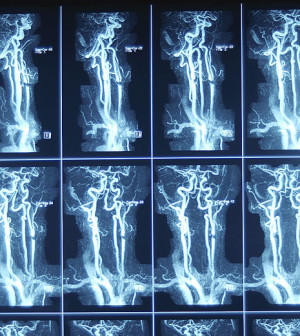Don't Miss
- Could Your Grocery Store Meat Be Causing Recurring UTIs?
- Are You Making This Expensive Thermostat Error This Winter?
- Recognizing the Signs of Hypothyroidism
- 10 Strategies to Overcome Insomnia
- Could Artificial Sweeteners Be Aging the Brain Faster?
- Techniques for Soothing Your Nervous System
- Does the Water in Your House Smell Funny? Here’s Why
- Can a Daily Dose of Apple Cider Vinegar Actually Aid Weight Loss?
- 6 Health Beverages That Can Actually Spike Your Blood Sugar
- Treatment Options for Social Anxiety Disorder
Health Tip: Know Your Risk for Anemia
By LadyLively on September 16, 2014


Anemia occurs when the blood lacks enough red blood cells, often due to poor diet or disease.
The U.S. National Heart, Lung, and Blood Institute mentions these risk factors for anemia:
- Eating a poor diet that’s deficient in minerals, vitamins or iron.
- Being pregnant, which increases blood volume and draws iron and folic acid from the blood.
- Having a baby, especially if the infant is born prematurely.
- Losing blood, often due to injury or surgery.
- Having a chronic illness or infection.
- Having a family history of inherited anemia.
Source: HealthDay
Copyright © 2026 HealthDay. All rights reserved.










